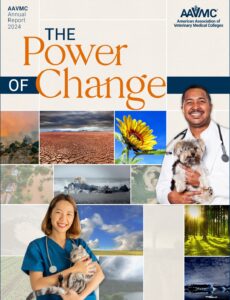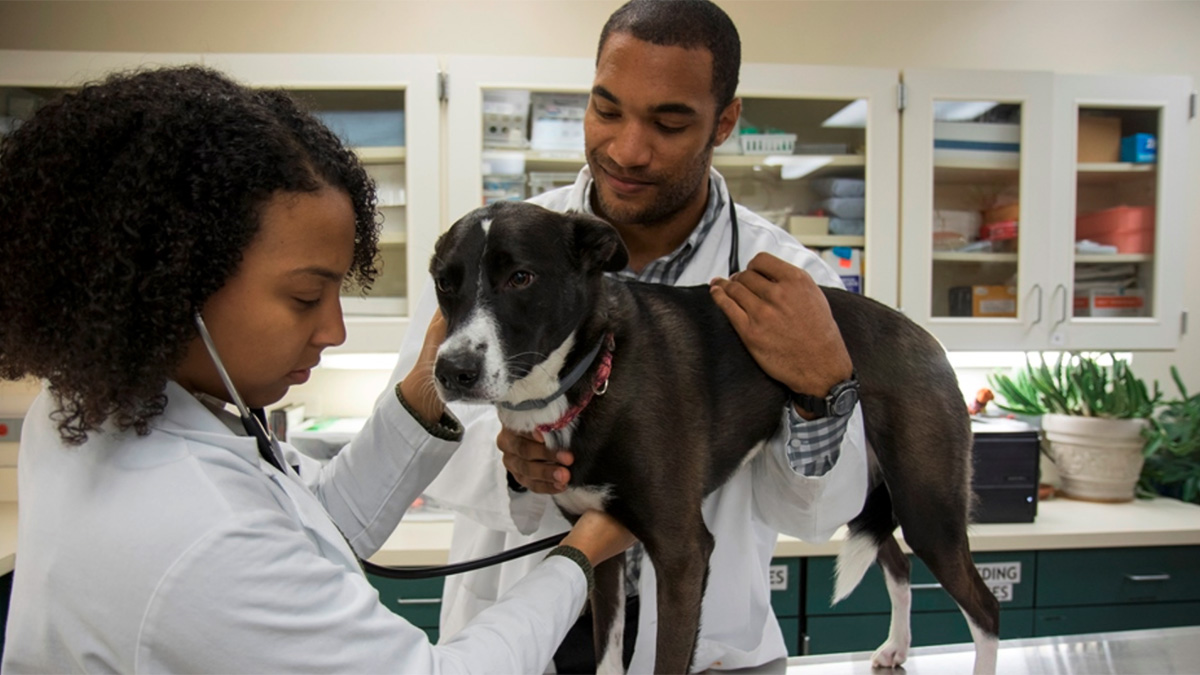4th Bangladesh CEVET a virtual success in 2020
The 4th conference for Continuing Education for the Veterinarians and Animal Husbandry Graduates of Bangladesh (CEVET) was held virtually from 19-23 December 2020 on the Zoom webinar platform. This was a successful event despite the COVID-related pivot to an online format, continuing a culture of continuing education among veterinarians and animal husbandry graduates in Bangladesh. This year the virtual CEVET hosted 942 veterinarians (266 female, 676 male) and animal husbandry professionals working for the public and private sectors, including government, NGOs, poultry and dairy sectors, academia, and research institutes, as well as graduate and undergraduate students, from all over Bangladesh. International students studying in Bangladesh and Bangladeshi students studying abroad were also able to attend the conference.
With the technical assistance from the Emergency Centre for Transboundary Animal Diseases (ECTAD) of the Food and Agriculture Organization (FAO) of the United Nations and financial support from USAID, the Department of Livestock Services, National Veterinary Dean Council, Bangladesh Veterinary Council, and Bangladesh Veterinary Association have been jointly organizing the CEVET Conference annually since 2017. In 2020, the newly established Bangladesh College of Veterinary Surgeons (BCVS) joined the forum organizing the 4th CEVET.
The conference included an inaugural and plenary session (hosted at Hotel Amari, Dhaka for 25 representatives with appropriate social distancing) followed by the online programs focusing on topics such as dairy practice, poultry practice, companion animal practice, zoo and wild animal practices, and veterinary epidemiology & public health. The conference was inaugurated by the Director-General, Department of Livestock Services, Ministry of Fisheries and Livestock of the Government of the People’s Republic of Bangladesh. The plenary lectures addressed the issues of the role of female veterinarians and livestock development, continuing education, and the role of a veterinarian during COVID-19. A total of nineteen speakers presented at the conference: six speakers from each of the USA and UK, one speaker from Canada, the Netherland, Germany and, Sri Lanka, and three speakers from Bangladesh.
A dedicated social media Facebook page was used during the conference. Our posts reached 35,155 people with 16,903 post engagement during the conference. In this conference, we have offered Continuing Education (CE) credit for the professionals – a milestone in CE in the Bangladesh veterinary sector. More than 15 hours of CE were offered at the conference.
The veterinary profession in Bangladesh is passing through a phase of dramatic change in its size, diversity, and societal needs. The remarkable growth of the poultry industry, the emergence of commercial dairy farming and the unprecedented increase in the number of companion animals has thrown new challenges to veterinarians and animal husbandry professionals. Prevention and control of well-entrenched highly pathogenic and low pathogenic avian influenza in poultry, combating antimicrobial resistance, exploring community-based dairy production and marketing, ensuring the quality and safety of milk and other products of animal origin are the major issues to be addressed by the veterinarians and animal husbandry professionals of Bangladesh. The CEVET conferences are significantly contributing to the continuing professional development, professional networking, and above all fostering a culture of life-long learning through continuing education among veterinarians and animal husbandry professionals.







SHARE